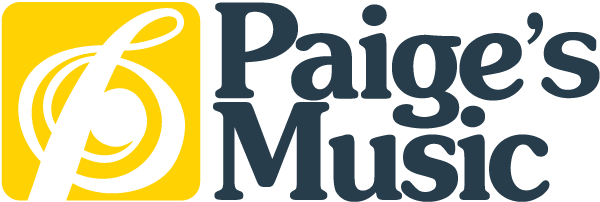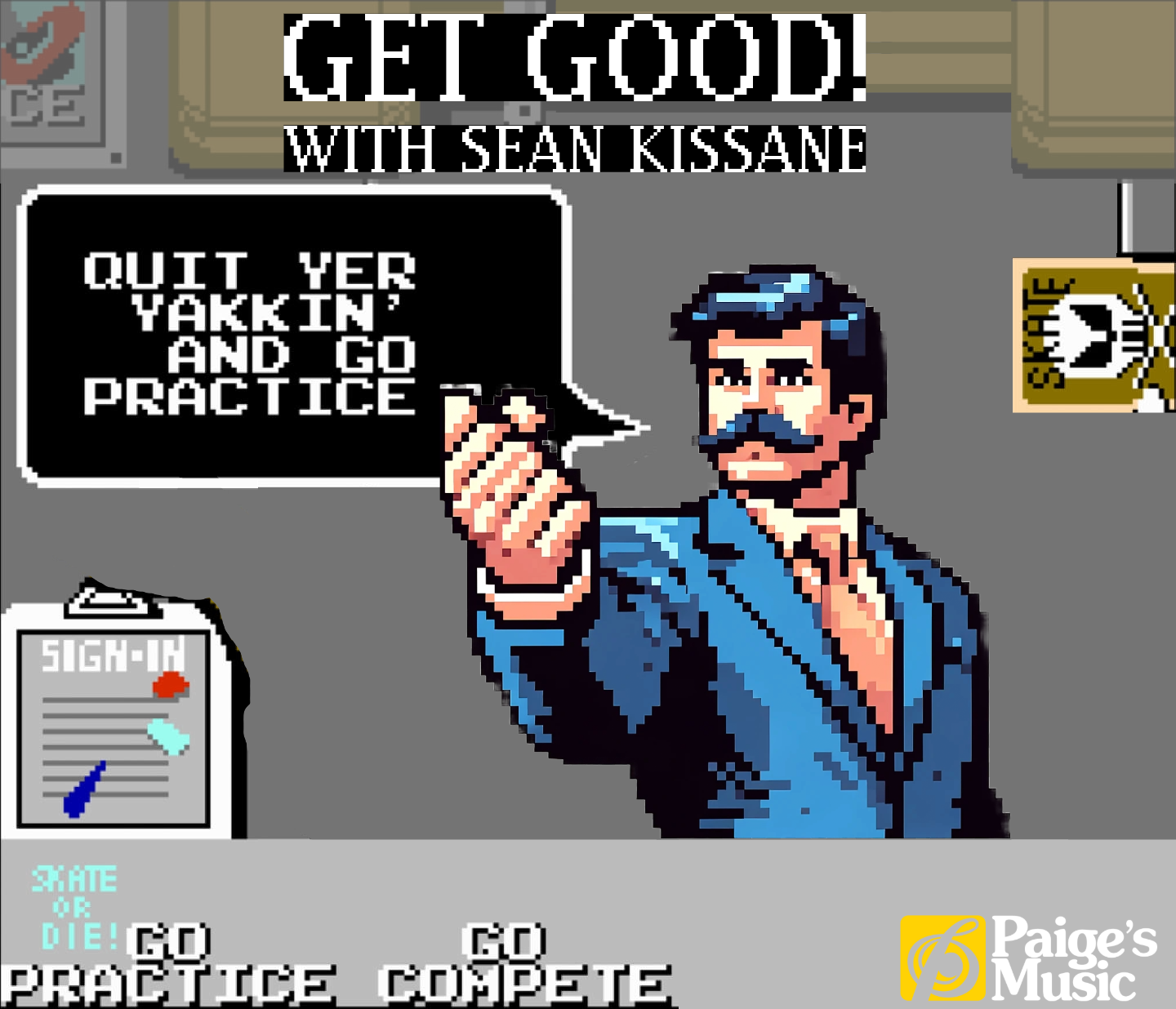
Explore the nuanced differences between the euphonium and baritone, a question that stirs curiosity among musicians and enthusiasts alike.
“Oh, you’re a musician? What instrument do you play?”
It’s a simple enough question. And it’s one that, for 99.9 percent of musicians, has a simple answer. Unfortunately, we euphonium players make up a fair portion of that .1 percent. I can’t tell you how many times I’ve said to someone, “I play the euphonium,” only to be met with a confused pause, followed by the inevitable, “What’s that?”
My response to that response is almost always one of two: either “it’s like a baby tuba,” (usually gets a chuckle) or “…the baritone?”
Aha! The recognition I see in the other person’s eyes tells me I’ve cracked the code for them. They know what a baritone is. Maybe they played it in middle school? Or knew someone who did? Or their child does? Or did? Whatever the case, these interactions touch on an all-too-common question, even within the band world:
“What is the difference between a baritone and a euphonium?”
Are they the same instrument? Is one a bigger version of the other? Does one have more valves? Or even more bells??








